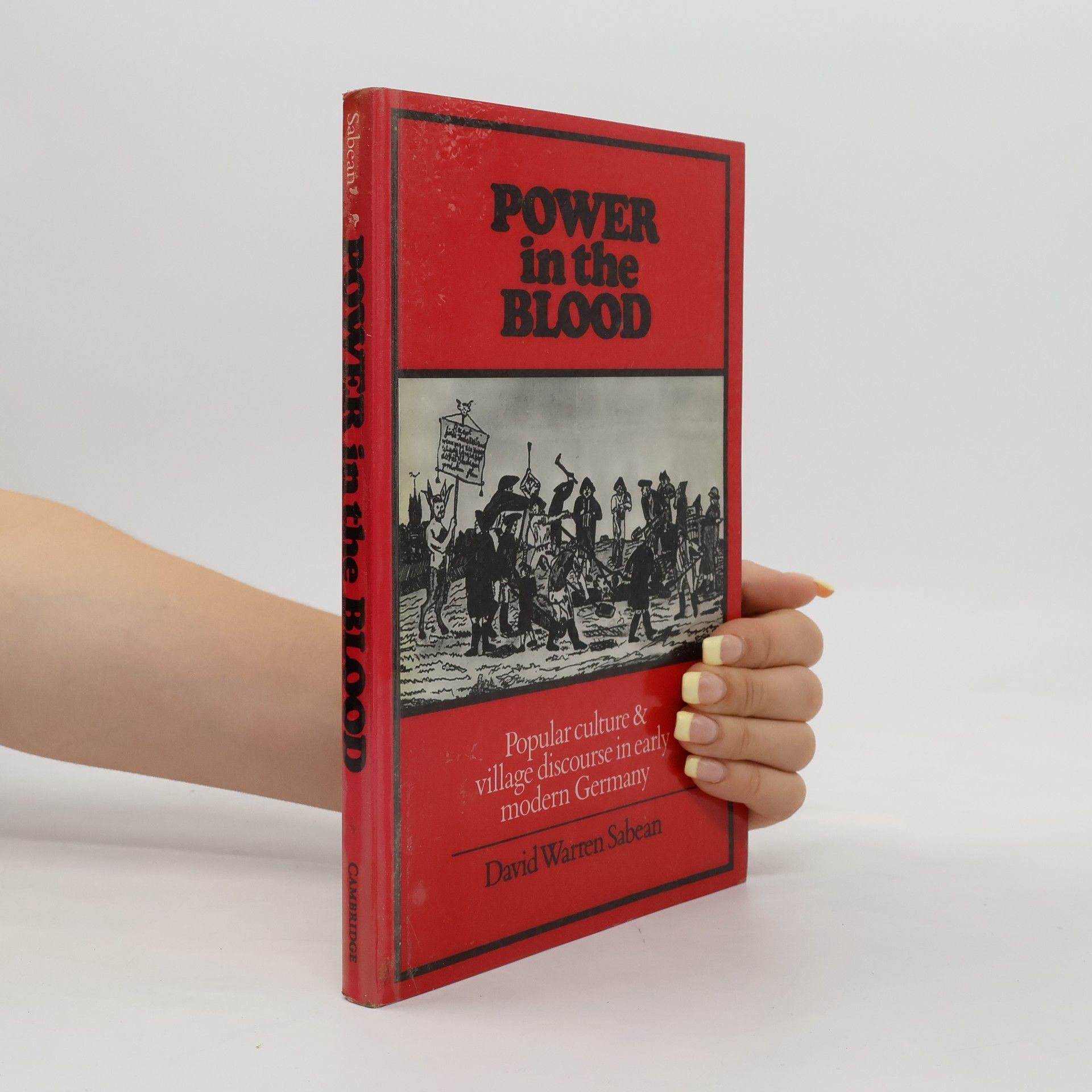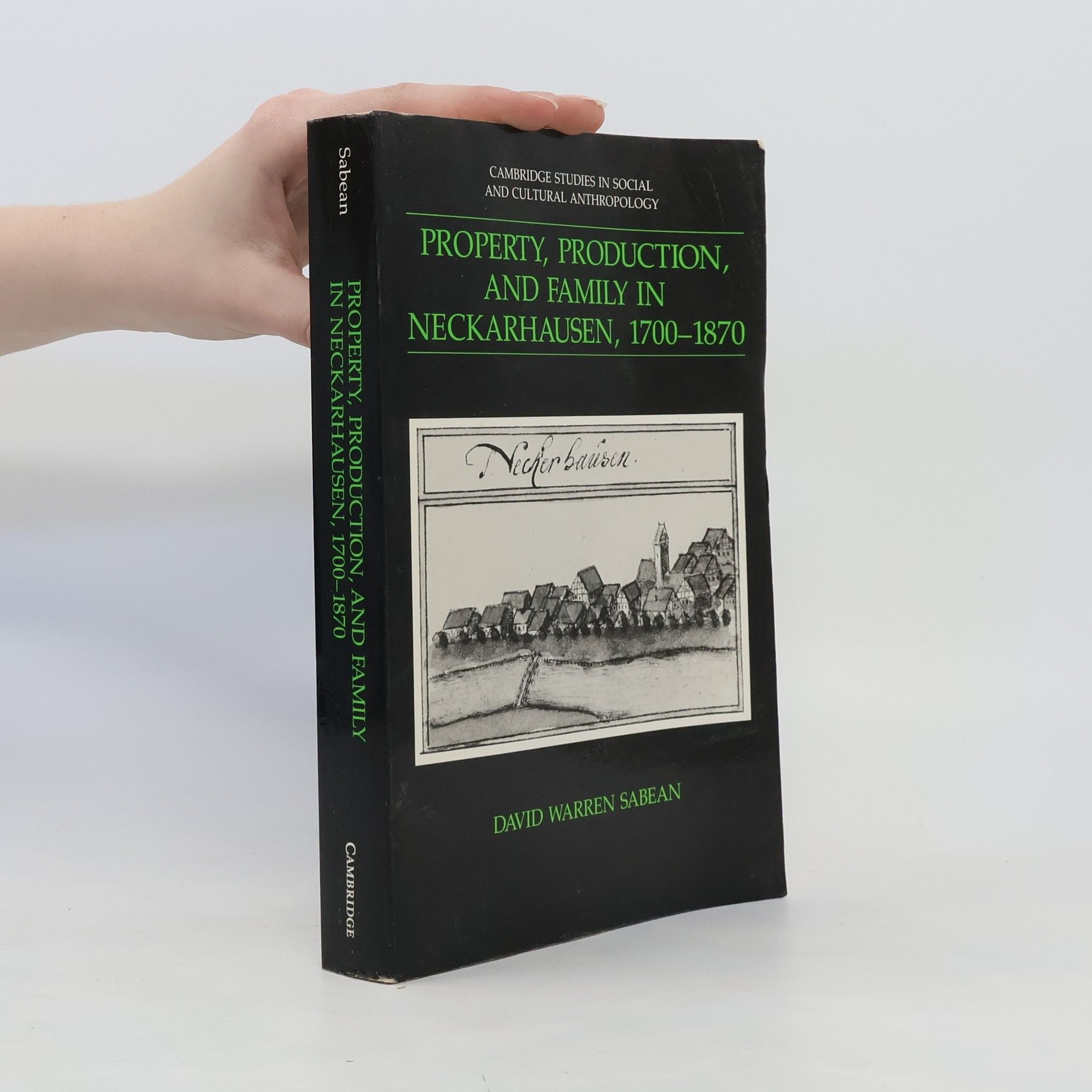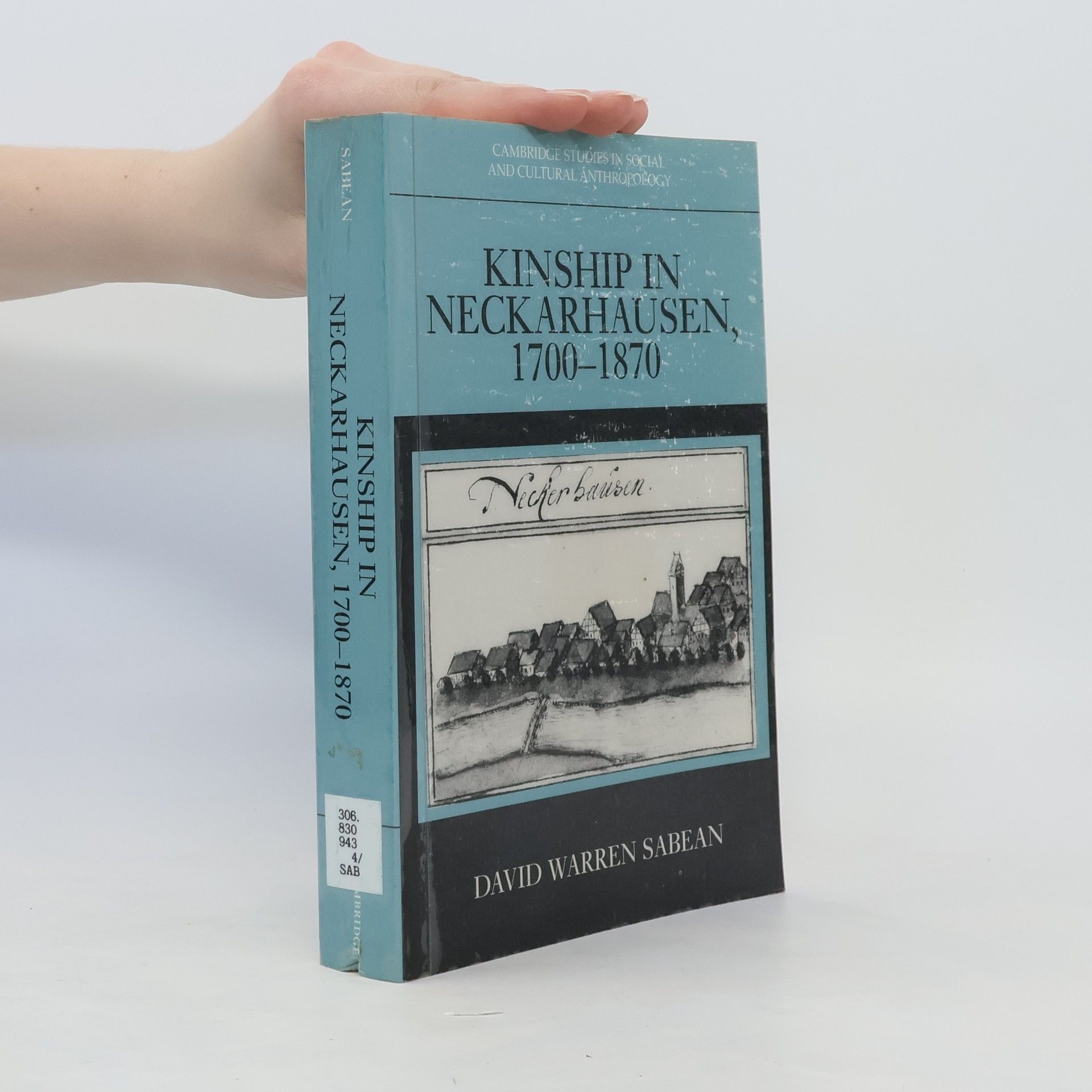Kinship in Neckarhausen, 1700-1870
- 658pages
- 24 heures de lecture
By examining a single German village, Sabean challenges the notion that modernization diminishes the importance of kinship. The study delves into the intricate relationships and social structures within the community, revealing how familial ties continue to play a significant role despite societal changes. This exploration provides valuable insights into the persistence of traditional values in a modern context.



